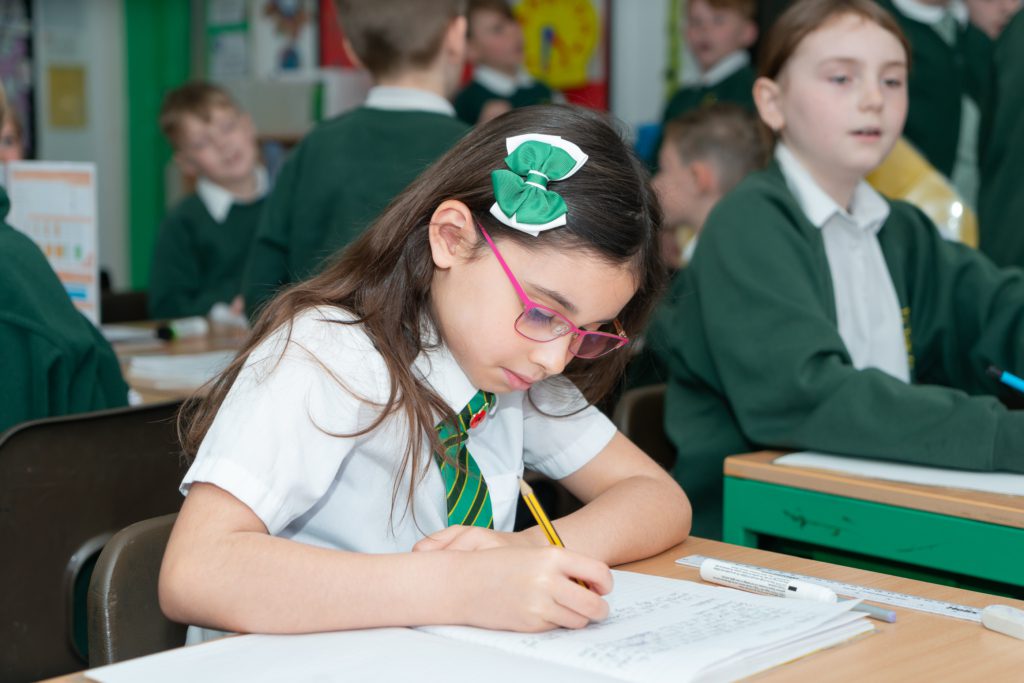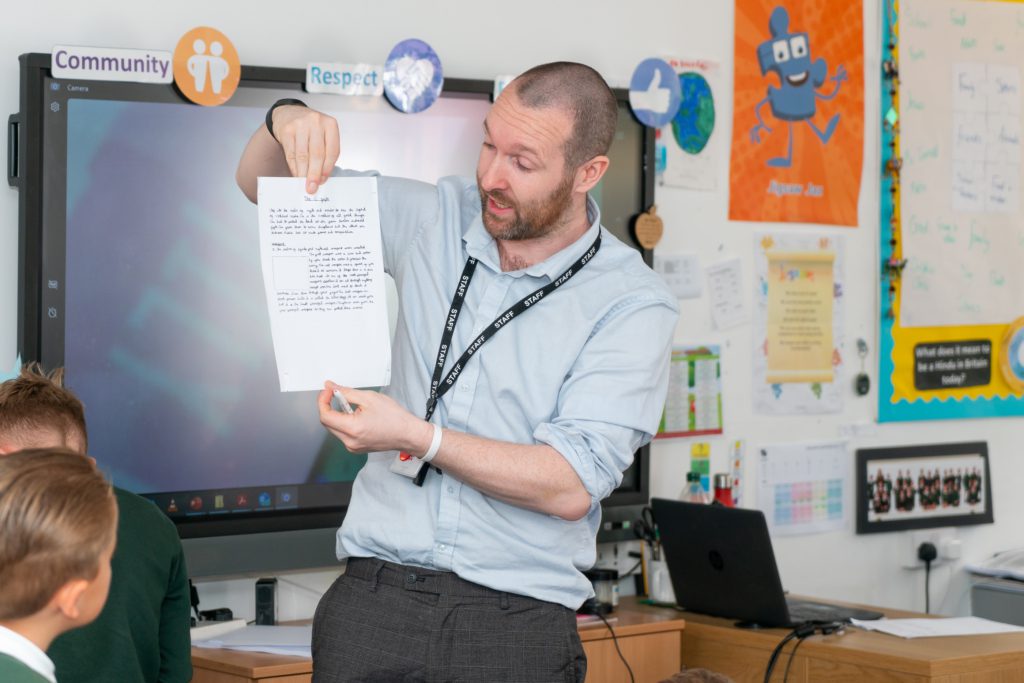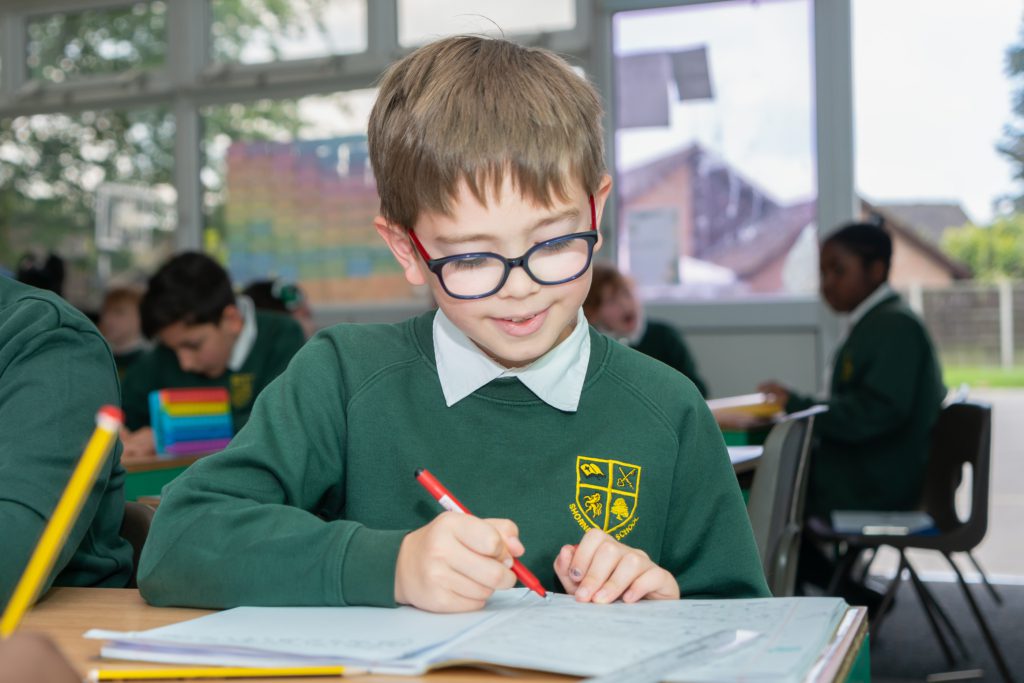English Writing Subject Leader: Miss L Whitbread
Here at Shorne, we teach our children a writing curriculum that enables them to become confident, creative and independent writers.
Intent
At Shorne School, we intend to create confident writers who develop stamina for writing throughout the school. We aim for all of our children to be independent writers, building on a range of skills as they work through each journey of writing and for them to be able to write for a range of purposes and audiences.


Implementation
Throughout this journey, we ensure the children are immersed in a range of genres and have a clear understanding of purpose. Our children will have a secure understanding of the purpose of a text type, the intended impact of writing skills/tools and the ability to carefully select vocabulary with careful attention to the desired effect on the readers’ thoughts and feelings.
Impact
Children are challenged and encouraged to take risks and view mistakes as part of the learning process. Children should always set high expectations for themselves where they take pride in all aspects of learning and in everything they produce.

English Writing in Each Stage
Children learn to mark make and write through both child-initiated learning opportunities and formally through our Little Wandle Revised Letters and Sounds phonics scheme. They will learn to form letters, including capital letter formation. By the end of EYFS, children working at the expected level will be able to write recognisable letters, most of which are correctly formed; spell words by identifying sounds in them and representing the sounds with a letter or letters; and write simple phrases and sentences that can be read by others.
Click the link here to find out more about our Phonics curriculum
Throughout Year 1, pupils will be encouraged to talk about their writing. They will create lists, write down keywords and illustrate their ideas before writing. Drama and role-play activities will be used to help the children to explore their ideas and to familiarise them with traditional tales and stories. Pupils will write in sentences, linking ideas together using ‘and’ and full stops will be used. They will learn to connect and order their ideas using ‘first’, ‘then’, ‘next’ and ‘finally’. Pupils will have the opportunity to write instructions, recounts and informational texts. Writing frames will enable them to write simple adverts and posters. They will use adjectives to describe the colour and size of things and they will also begin to explore nouns and verbs.
During Year 2, pupils will start to sequence their ideas more confidently in both fiction and nonfiction writing. They will use time connectives, headings and numbers. They will start to create and use simple checklists for their writing and recognise the main features of different genres. Pupils will continue to participate in drama and role-play activities to inspire their writing about real and fictional events. The children will be provided with opportunities to write recounts, instructions, information texts, stories and poems and they will demonstrate an understanding of writing in chronological order. Capital letters, full stops, question marks and exclamation marks will be used more consistently to punctuate their writing and they will begin to use commas to separate items in a list. A wider range of adjectives, adverbs and nouns will be used in all written work. All pupils will be encouraged to re-read their work to check for errors and to identify where improvements can be made.
pupils will use planning structures (such as mind maps) to note down their ideas and key vocabulary before writing. Simple and compound sentences will be used accurately with the correct punctuation. Inverted commas will be used accurately. Pupils will use more adventurous vocabulary such as a wider range of adjectives and adverbs. Pupils will also be provided with regular opportunities to critically evaluate their own and others’ writing.
Simple and complex sentences will be used effectively and will be correct punctuations, including brackets, dashes and commas to mark clauses. Pupils’ ideas will be linked across paragraphs and all work will have a clear structure. Pupils will select specific vocabulary for effect and a varied range of language will be used confidently. Pupils will generate detailed plans before writing, working both independently and collaboratively. Pupils will have the opportunity to write a range of genres with a variety of stimuli such as visual texts and drama pieces. In fiction pieces, ambitious vocabulary will be used to create atmosphere and dialogue to develop characters and action. Pupils will ensure all written work is correctly punctuated along with accurate tenses and spelling. Pupils will edit and improve their work, focusing particularly on style and structure.
English Writing Progression
Assessments
- English writing is assessed for all year groups through ongoing teacher assessment.
- In EYFS, Year 2 and Year 6, writing assessment is reported nationally as part of statutory assessment, using the Early Learning Goals for EYFS, and the KS1 and KS2 Statutory Teacher Assessment Frameworks.
SEND Information
Interventions, support, and challenges are constantly revised and adapted to ensure all children are supported in achieving learning. Learning is robustly and continuously monitored and assessed to ensure gaps in learning are addressed. Teachers and support staff offer adaptive teaching to enable access for all, and may provide scaffolds, pre-teaching, and other support and intervention, as outlined in the Kent Mainstream Core Standards. Pupils may also be supported to access learning through the use of Clicker software.

